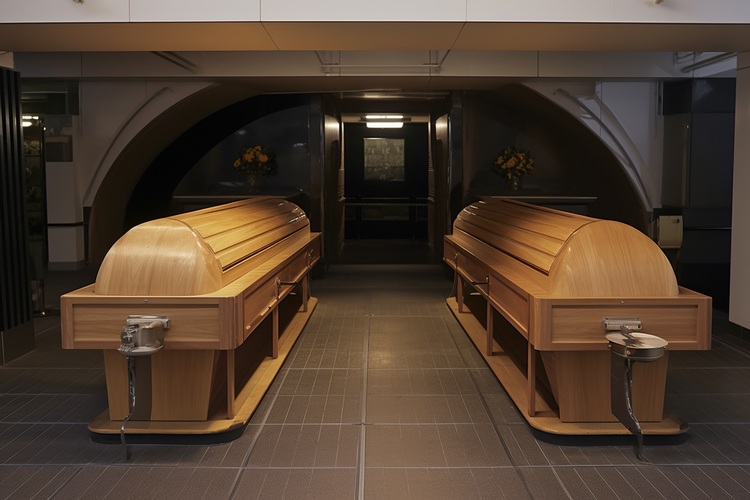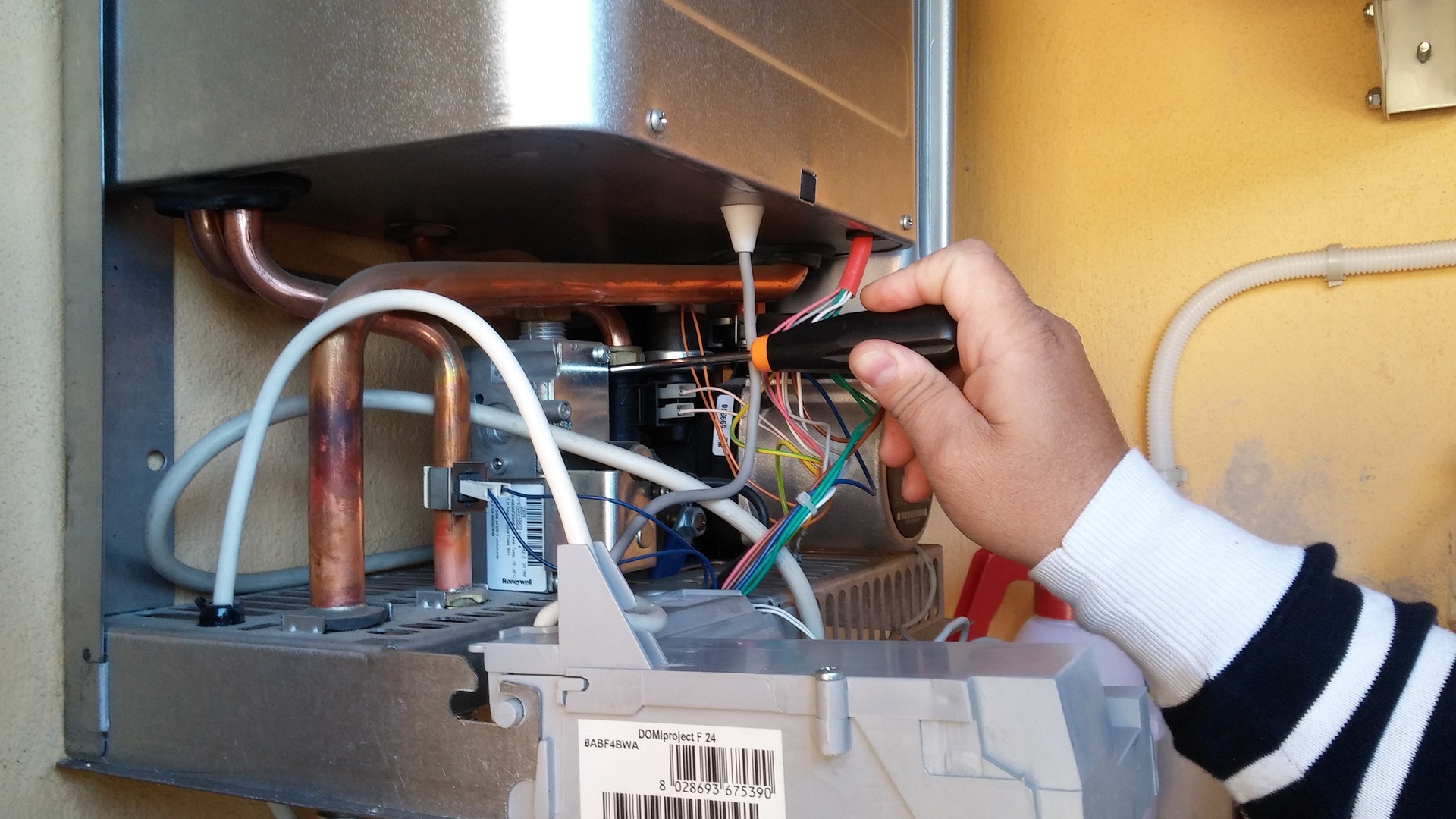Understanding Cremation Services: Types, Processes, and Considerations
Cremation services provide families with a respectful and meaningful way to honor loved ones. These services often include guidance on planning, memorial options, and handling ashes. With flexibility and personalization, cremation allows families to create tributes that reflect individual wishes and traditions.

What are the main types of cremation services?
Cremation services generally fall into three main categories: traditional cremation, direct cremation, and cremation with memorial service. Traditional cremation typically involves a viewing or funeral service before the cremation process. Direct cremation is the simplest and most cost-effective option, where the body is cremated shortly after death without a formal viewing or ceremony. Cremation with a memorial service allows for a celebration of life after the cremation has taken place, offering flexibility in timing and location for the memorial.
How does the cremation process work?
The cremation process involves placing the body in a cremation chamber, where it is subjected to high temperatures, typically between 1,400 to 1,800 degrees Fahrenheit. This intense heat reduces the body to bone fragments, which are then processed into a fine, sand-like consistency known as cremated remains or “ashes.” The entire process usually takes two to three hours, depending on various factors such as body size and the type of cremation container used.
What are the legal requirements for cremation?
Legal requirements for cremation can vary by state and locality, but generally include obtaining a death certificate, securing authorization from the next of kin, and adhering to any mandatory waiting periods. Some jurisdictions may require a medical examiner’s approval, especially in cases of unnatural or unexplained deaths. It’s important to work with a licensed funeral director or crematorium to ensure all legal requirements are met before proceeding with cremation.
What options are available for cremated remains?
After cremation, families have numerous options for handling the cremated remains. These include traditional interment in a cemetery plot or columbarium niche, scattering in a meaningful location (subject to local regulations), keeping the remains at home in an urn, or even incorporating them into memorial jewelry or art pieces. Some choose to divide the remains among family members or opt for eco-friendly options like biodegradable urns for burial or scattering.
How do cremation services compare in terms of cost and environmental impact?
Cremation services generally offer a more cost-effective alternative to traditional burial. The simplicity of direct cremation, in particular, can significantly reduce expenses associated with end-of-life arrangements. From an environmental perspective, cremation typically requires less land use compared to traditional burial. However, it does consume energy and release emissions. Eco-friendly alternatives, such as water cremation (alkaline hydrolysis) or natural organic reduction, are emerging as options with potentially lower environmental impacts.
What should one consider when choosing a cremation service provider?
When selecting a cremation service provider, it’s important to consider factors such as reputation, licensing, and transparency in pricing and procedures. Look for providers who are members of professional organizations like the National Funeral Directors Association or the Cremation Association of North America. Request detailed price lists and ask about their specific practices, including how they ensure proper identification throughout the process and their policies on witnessing the cremation if desired.
| Provider | Services Offered | Key Features/Benefits |
|---|---|---|
| Neptune Society | Direct cremation, pre-planning | Nationwide service, cremation insurance plans |
| National Cremation | Direct cremation, memorial services | 24/7 availability, online arrangement options |
| Cremation Society of America | Direct cremation, shipping services | All-inclusive pricing, quick turnaround times |
| Smart Cremation | Direct cremation, pre-planning | Transparent pricing, eco-friendly options |
Prices, rates, or cost estimates mentioned in this article are based on the latest available information but may change over time. Independent research is advised before making financial decisions.
Choosing cremation services involves careful consideration of personal preferences, cultural beliefs, and practical factors. By understanding the types of services available, the process involved, and the various options for handling cremated remains, individuals and families can make informed decisions that best honor their loved ones’ wishes and meet their own needs during a difficult time.




